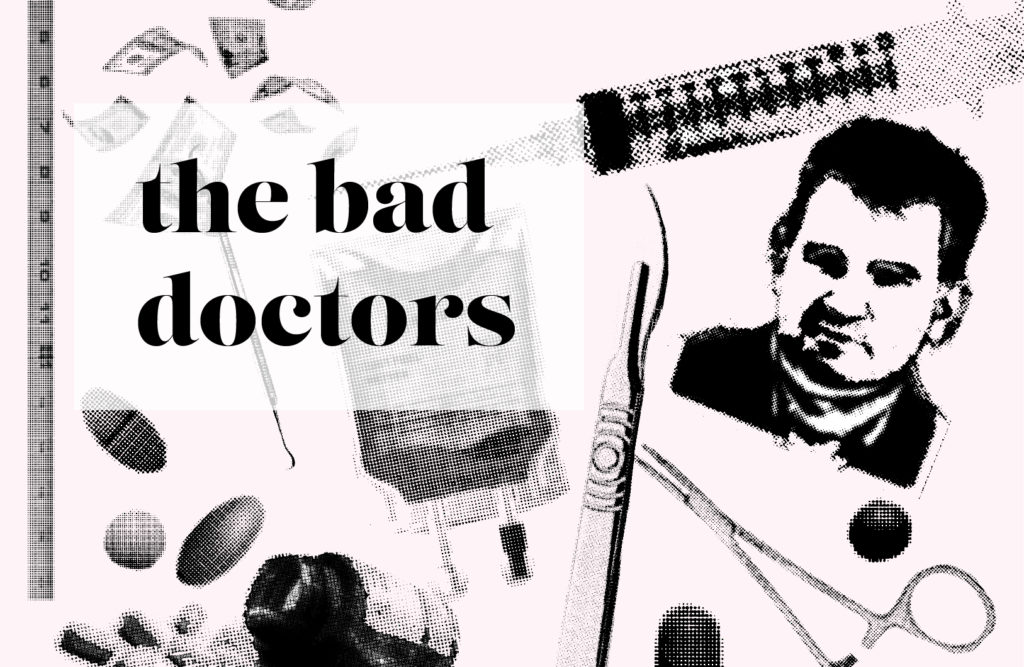
In the 1870s, a bright young dentist — tall, lean, mustachioed and blonde, with a slight speech impediment and a nagging cough — opened his practice in Deep Ellum.
The lanky Georgia native Henry John Holliday had earned a doctorate of dentistry at 19 and won three awards, including best set of gold teeth, at a Dallas County fair.
But Doc, as he was known, had a dark side. Not only was he sick with a terminal illness, tuberculosis, but he also had a gambling habit. Thus, he would never become the doctor he might have been.
Like some other promising healers in this story (most of whom had far more formal medical training and credentials than our outlaw DDS), Doc Holliday would be remembered for less noble reasons.
The law ran Doc out of town after a shootout at a Dallas saloon. He attempted several times to resume a dental practice, historians say, but his hacking concerned potential patients. He went on gaming and gunslinging until he died from his illness in Colorado in 1887.
Dallas is home to substantial medical resources — Baylor Scott & White is the most awarded not for-profit health system in Texas (U.S. News & World Report); we have the No. 1 scientific health care research institution at University of Texas Southwestern Medical Center (Nature Index), the No. 10 overall hospital system in the nation (The Lown Institute) with Parkland Health and the country’s second largest Veterans Affairs hospital system.
But with so many doctors, clinics and hospitals, on occasion a bad actor violates his vow to do no harm.
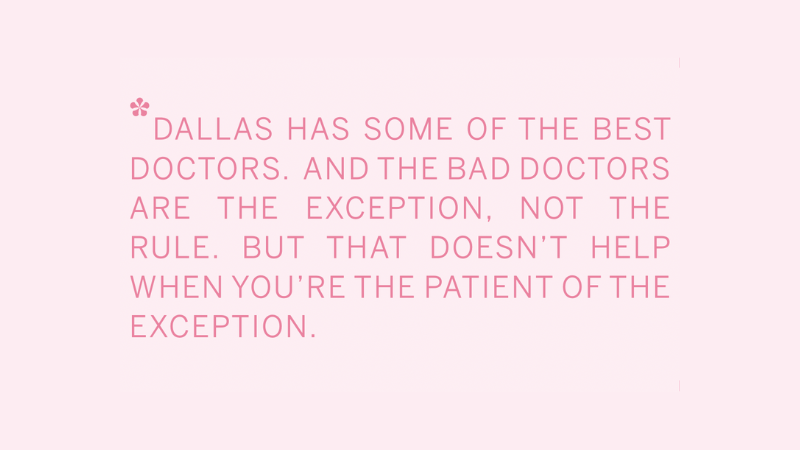
Dr. Christopher Duntsch became the subject of a Peacock original series for all the wrong reasons. He’s serving a life sentence for gross malpractice that resulted in two direct fatalities and the maiming of more than 30 neurosurgery patients, as told by Laura Beil, the journalist who hosts the Dr. Death podcast, on which the eponymous show is based.
Beil’s reporting was sensational and entertaining in a true-crime sense, but it served an important public service. It exposed a local health care system that allowed a dangerous doctor to move around to different hospitals rather than be scrutinized for his incompetence and, in some cases, willful destruction of patients’ health and lives.
It’s important to remember, Beil says, that this “pass the trash” phenomenon, where institutions transfer a destructive employee rather than deal with them, is not consigned to medicine.
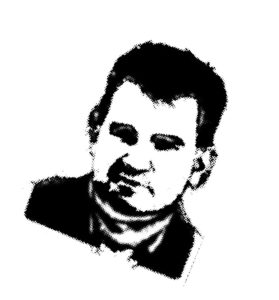 Duntsch began his career at Baylor Scott & White in Plano, but after several of his surgeries ended in paralysis, permanent damage or death, as well as reports of him showing up to surgery inebriated, Baylor revoked his privileges.
Duntsch began his career at Baylor Scott & White in Plano, but after several of his surgeries ended in paralysis, permanent damage or death, as well as reports of him showing up to surgery inebriated, Baylor revoked his privileges.
“The one ‘Holy Cow’ I had, was when I learned from the [then] president of the medical board that, had [Baylor] properly notified them of what was going on … they could have suspended him on an emergency basis while they investigated,” she says. “If that had happened, there are people who died who would have still been alive, because he would not have been able to immediately go somewhere else.”
Duntsch performed several surgeries and mangled more patients at South Hampton Community Hospital (now University General Hospital). He sliced through a man’s artery during a surgery at Methodist Hospital, and he left the sponge he used to soak the blood inside the patient when he sewed him up, causing a horrific infection. Duntsch’s reign of terror, reportedly, ended after that operation.
As recently as 2021, his patients were still dying. Jerry Summers, a primary subject of the Dr. Death podcast, and Philip Mayfield both were left paralyzed with compromised immune systems and died from infections, according to what Summers’ lawyer and Mayfield’s wife told respective local reporters.
Beil’s podcasts reveal that often hospitals do not report problematic physicians to governing boards such as the National Practitioner Data Bank (NPDB), which is intended to flag them, because of costs associated with fighting and possibly losing wrongful termination suits.
Beil, a resident of Southern Dallas County who has continued to report on deadly docs, says her stories are not meant to reflect negatively on the profession.
“The vast majority of doctors are good and caring people who want the best for their patients,” she says. In fact, they are the heroes in the Duntsch story because they filed complaints, made phone calls and testified against him.
“The thing you don’t want is to be the patient of the doctor who is the exception,” she says in one podcast episode. “We are limited in what we can find out about a doctor, but a skepticism of a doctor you don’t know is not a bad thing.”
If there’s an overriding good thing about getting this story out there, she says, it is that people will take that extra measure, to the degree that they can, to protect themselves.
In 2021, Duntsch became the first doctor to be convicted of a crime committed in the operating room during the act of surgery.
While awaiting trial, Duntsch was arrested trying to walk out of the Walmart at Northwest Highway and Skillman Street without paying for $887 worth of sunglasses, watches,ties, briefcases, cologne and a pair of pants that he put on in the dressing room, according to a Dallas Police affidavit filed on April 8, 2015.
A woman known by her clients as Wee Wee operated a clandestine med spa in East Dallas where she offered black-market butt injections.
In 2015, clients hoping to attain Kardashian-esque curves could ask for the “Wee Wee Booty,” and, 24 hours before their appointment, she would send them the address, 3800 East Side Ave.
The amateur plastic surgeon, Denise Rochelle Ross (Wee Wee), and her assistant, Alicia Clarke, used material that was not safe to inject into clients’ bottoms.
Wykesha Reid, 34, did not survive an injection of silicone caulk, which prosecutors said entered her veins, traveled through her heart and was trapped in her lungs. Reid died in the clinic after lying down, saying she felt unwell. Her injectors left her “to rest” overnight and discovered her dead the next day, when Clarke frantically called 911, according to court records.
In 2017, Wee Wee and her assistant, Clarke, were sentenced to prison for murder in two separate trials. They were not doctors, but were practicing medicine without a license, according to police and court documents; thus their malpractice amounted to murder.

Police documents show Wee Wee was arrested at an Oak Cliff address shortly after they issued a warrant. She was sentenced to 60 years. She was denied parole in 2020.
It is uncertain whether Wee Wee or Clarke administered the fatal injection. Each woman refused to testify against the other.
The dangers of pursuing the perfect rump are not relegated to the black market.
In 2017, a woman from Oklahoma, Rolanda Hutton, sued several cosmetic surgeons and nurses associated with the Dallas Plastic Surgery Center after she was left paralyzed following what she said at a press conference was a “botched Brazilian Butt Lift.”
The BBL procedure involves transferring fat from other areas into the buttocks. It’s both an in-demand and dangerous surgery, reports the New York Times. “The procedure has the highest mortality rate of any cosmetic surgery, but many women are undaunted,” the paper reported in 2021. In 2020 alone, there were 40,320 buttock augmentations, per the Aesthetic Society.
It’s common practice to move patients to unlicensed post-operative hotels after procedures — in Hutton’s case, The Cloister at Park Lane — but that is dangerous, her lawyers alleged. The defendants —doctors and nurses with offices in Lake Highlands, East Dallas and University Park among them — said, officially, that her claims are without merit.
Court records reveal no settlement reached at this time.

In 2014, a YouTube video went up showcasing a shiny new medical facility serving Dallas’ affluent, well-insured residents.
Located off Central Expressway, the gleaming five-level doctor-owned Forest Park Medical Center featured a luxurious lobby with fine art, modern furnishings and a two-story waterfall. A posh cafe and a Starbucks sat opposite a branch of Dougherty’s (a trusted high-end pharmacy and gift shop with a Preston Hollow store). Above bougie, lounges were floors of doctors’ offices, state-of-the-art operating areas and commodious recovery rooms. Similar facilities emerged in Southlake and Fort Worth, and surgeons and specialists from all over Dallas can be seen in videos singing Forest Park Medical’s praises.
Seven years later, 14 people — the group’s managing partner, Wilton “Mac” Burt, a number of spinal and bariatric surgeons, a pain management doctor, anesthesiologists, nurses and a chiropractor among them — would be convicted in a bribery scam.
These individuals were sentenced to a combined 74 years in federal prison and ordered to pay a total $82.9 million in restitution (one of the largest ever medical fraud cases, according to the Department of Justice).
According to a report from the U.S. Attorney’s Office, the $200 million scheme was designed to induce doctors to steer lucrative patients — particularly those with high-reimbursing, out-of-network private insurance — to the now defunct hospital.
Hospital manager Alan Andrew Beauchamp testified for the government during his co-conspirators’ 2021 trial and pleaded guilty in August 2018 to one count of conspiracy to pay health care bribes and one count of commercial bribery. He admitted that Forest Park “bought surgeries,” and then “papered it up to make it look good.”
Beauchamp is serving 63 months (five-plus years) in federal prison. Burt, the group’s managing partner, was found guilty on 10 of 12 counts—one count of conspiracy, two counts of paying kickbacks, six counts of commercial bribery and one count of money laundering. Burt faced the stiffest sentence, 12 1/2 years. Other defendants received sentences that ranged from probation to 96 months.
Acting U.S. Attorney Prerak Shah said of the case that his staff was pleased with the harsh sentences, which issued a “strong deterrent message: Violate anti-kickback laws, and you will face consequences.”
Many good health care professionals worked at the hospital, and hundreds of patients reported their excellent experiences on sites like Yelp. No injuries or malpractice have been publicized in connection with this scam.
At the time, however, Shah said that allowing money to influence medical decisions puts patients in danger.
As the lawyer said following the 2021 trial, “Patient needs, not physician finances, should dictate where, when and how patients are treated.”
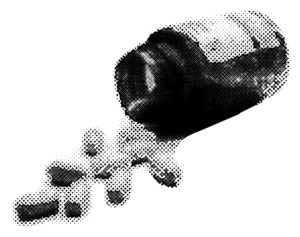 Dr. Carlos L. Venegas — who operated what appears to have been a legitimate clinic in the Preston Hollow area — also ran a series of sham medical offices, including one in Oak Cliff’s Wynnewood Shopping Center, where he oversaw the illegal prescription of almost a million units of narcotics with no legitimate medical purpose, U.S. Attorney for the Northern District of Texas Erin Nealy Cox said in May 2013. After Venegas was convicted of conspiracy to distribute a controlled substance, he was sentenced to 13 years in a federal prison.
Dr. Carlos L. Venegas — who operated what appears to have been a legitimate clinic in the Preston Hollow area — also ran a series of sham medical offices, including one in Oak Cliff’s Wynnewood Shopping Center, where he oversaw the illegal prescription of almost a million units of narcotics with no legitimate medical purpose, U.S. Attorney for the Northern District of Texas Erin Nealy Cox said in May 2013. After Venegas was convicted of conspiracy to distribute a controlled substance, he was sentenced to 13 years in a federal prison.
Cox said these “pills mills,” fronts for distributing hydrocodone and alprazolam (Xanax), contributed to an opioid crisis that was, that year, killing 116 Americans a day.
At trial, witnesses testified that participants in this conspiracy paid homeless and indigent people to pose as patients seeking pain medication. Runners coached these men and women on how to describe their (nonexistent) symptoms, drove them to the clinics and paid for their appointments. Seven other defendants including nurses and property owners went on to serve sentences ranging from 18 months to 11 or more years.
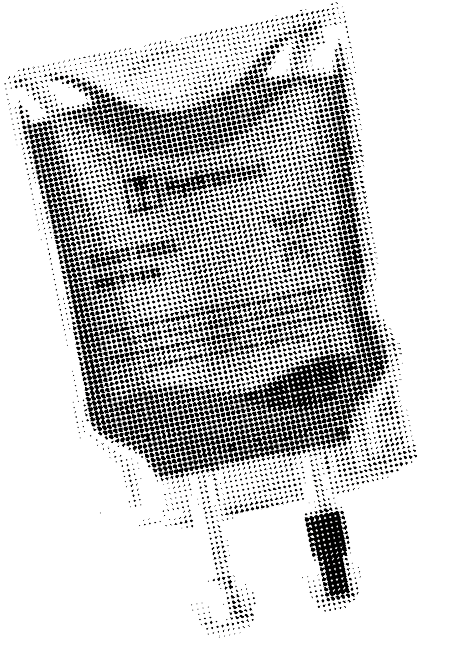 In June 2022, anesthesiologist Melanie Kaspar was feeling unwell. So the 55-year-old doctor grabbed a bag of what she believed was saline IV fluid from the Preston Hollow area surgery clinic where she worked, returned to her Lakewood home, got comfortable, and began filling her veins with the contents of the bag. A few hours later, she was dead. Investigators would learn that she died from toxic effects of bupivacaine, a local anesthetic that’s fatal when improperly administered. Investigators would also find evidence of the same drug in more IV bags at the clinic and more patients suffering complications. Fortunately, those patients were in a hospital setting where they were saved from Kaspar’s fate.
In June 2022, anesthesiologist Melanie Kaspar was feeling unwell. So the 55-year-old doctor grabbed a bag of what she believed was saline IV fluid from the Preston Hollow area surgery clinic where she worked, returned to her Lakewood home, got comfortable, and began filling her veins with the contents of the bag. A few hours later, she was dead. Investigators would learn that she died from toxic effects of bupivacaine, a local anesthetic that’s fatal when improperly administered. Investigators would also find evidence of the same drug in more IV bags at the clinic and more patients suffering complications. Fortunately, those patients were in a hospital setting where they were saved from Kaspar’s fate.
Her fellow anesthesiologist, Dr. Ray Ortiz, was arrested in September, suspected of tampering with IV bags at the clinic.
Criminal allegations against Ortiz are not evidence nor proof of guilt, notes the Department of Justice in a press release. He is presumed innocent until proven guilty in court. Meanwhile, the Texas Medical Board has suspended his license.
As documented in court, clinic personnel identified more than 10 cardiac emergencies during otherwise unremarkable surgeries between May and August 2022, and exclusively when Ortiz was in the room.
Ortiz is charged with tampering with a consumer product and with intentionally adulterating drugs. If convicted, he faces a maximum penalty of life in prison.
This isn’t the doctor’s first time in a courtroom. He was fined $3,000 in August 2022 in relation to a November 2020 incident in which a patient he was anesthetizing required resuscitation and emergency transportation to another hospital.
Ortiz also had relinquished medical staff privileges at North Garland Surgery Center for failing to disclose to the board a prior criminal conviction and arrest “for cruelty to a non-livestock animal,” according to the Texas Medical Board. In June 2016, a Collin County jury found Ortiz guilty of cruelty to an animal, for shooting and wounding his neighbor’s dog.
The motive, the jury decided, was retaliation after the neighbor testified against Ortiz at a protective order hearing and helped one of Ortiz’s domestic violence accusers escape his home. According to documents from the State Medical Board, Ortiz was arrested in 1995 over accusations of assault causing bodily injury to his former spouse.





